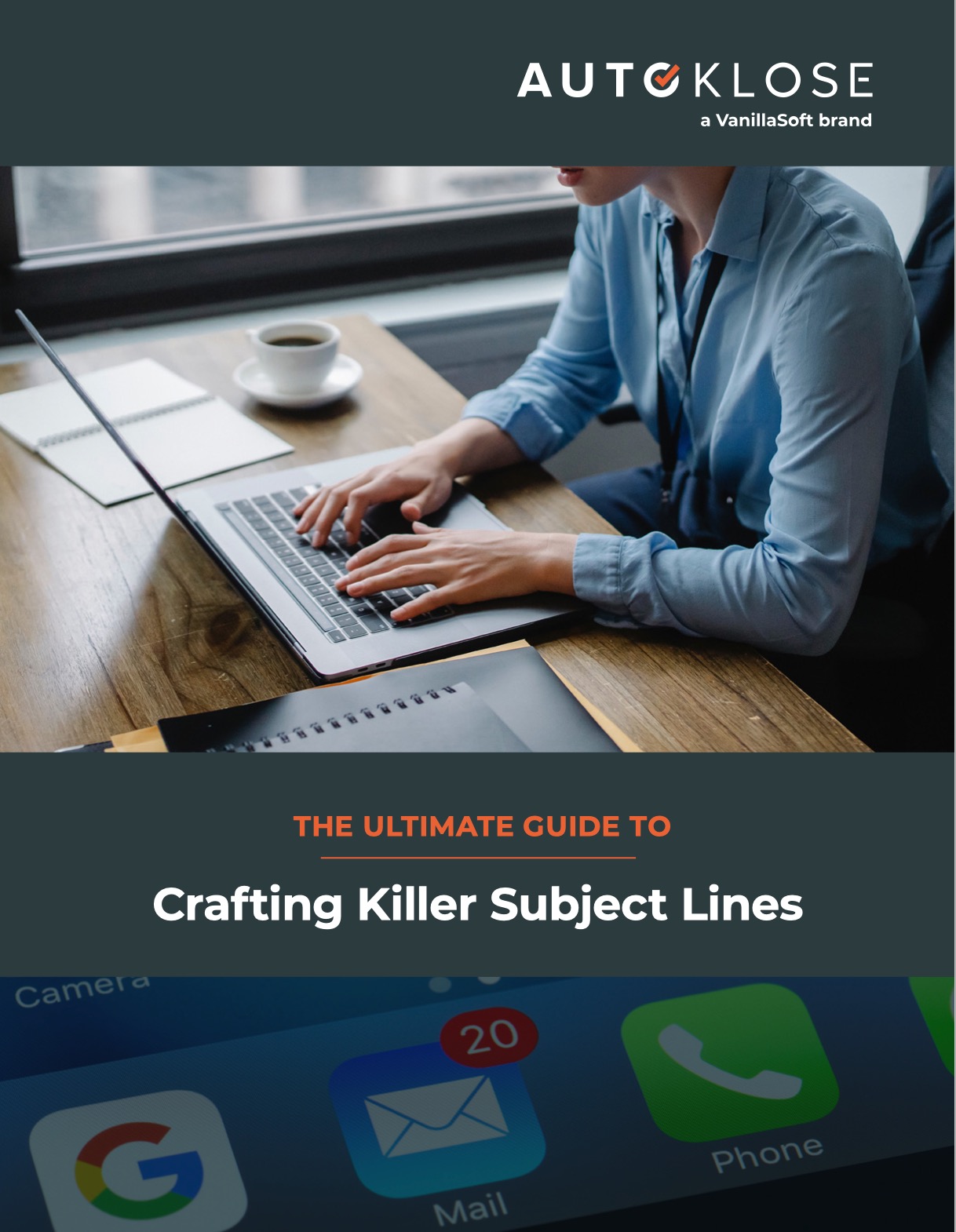
- Depending on who you talk to, personal branding is either a necessity for any successful salesperson, or it’s a huge waste of time. Ollie Whitfield and Shawn Finder join the debate and share their opinions on whether personal branding is worth it in sales and some do’s and don’ts to ensure maximum impact.
- Developing a personal brand can be valuable, as long as it doesn’t distract from the main goal of making money. Rather than chasing likes and followers, focus on engaging with clients and prospects.
- Even if personal branding gets you the next job, it can’t keep you there. At the end of the day you have to walk the walk, and that means getting results.
Personal branding has been a subject of hot debate for some time now.
In the past, sales jobs essentially boiled down to converting prospects, closing deals, and keeping customers happy. But then, a new facet arrived on the scene. Suddenly, every salesperson needed a personal brand.
This elusive and enticing element had to be self-devised, curated, nurtured, fed like a hungry kitten, and polished like grandma’s silver. Undeterred, salespeople stepped up to the challenge: creating social media profiles, drumming up followers and likes, and striving to keep up with — or even better, lead — the conversation.
Recently, the actual value of all these personal branding efforts has come into question. Many swear by its effectiveness and its necessity as a differentiator in the field. But others claim that the true top performers are the ones who keep their heads down and sell, undistracted by the siren song.
Co-hosts Ollie Whitfield and Shawn Finder decided to throw their hats into the ring. In an episode of the 0 to 5 Milion podcast, they wanted to determine, once and for all, the answer to the question on everyone’s minds: Is personal branding worth it?
Don’t do it for the numbers
Both hosts take the general opinion that personal branding can be great, but they advise being wary of anyone who says you have to do it.
“I hate when people think it’s the end-all, be-all to be working on your personal branding at all times,” Shawn says. “At the end of the day, you should be out there making money.”
He goes on to warn that too many people get caught up in the numbers. They look only at their follower count, the number of comments, and how many likes they receive. Plus, those very numbers can get amplified and skewed with automation and bots, meaning that these efforts are not actually personal branding at all, according to Shawn.
“I think most people default to the definition, personal brand equals posting and becoming popular in terms of likes and engagement,” he explains. Instead, a more effective focus would be getting people to notice you and consider you an industry expert or connecting with your peers and becoming part of the community.
Rather than stressing about posting, generating likes, and appeasing algorithms, Shawn believes you can have just as much impact, if not more, “if you’re genuinely commenting on posts, getting engagement, building conversation, and building your network.”
Don’t let it distract from your actual job
Personal branding takes time — lots of it. So how do top performers manage to get it done? Easy. They pay people to do it for them.
Shawn points out that the most successful people — founders, CEOs, and the like — have marketing departments and consultants who build and nurture their social brands and create the content for their profiles. In other words, they have a lot of help.
Well, that sounds great for them, but what about the salespeople further down the chain of command? Without the heft of a marketing team behind them, what should their personal branding strategy look like?
Ollie has some advice for new SDRs who are just beginning to learn their craft: “You really don’t have to be the popular person who gets 150 likes posting about the things you’re doing or educating people about what you do. If you really want to grow your personal brand and you’re doing it in your own hours, good for you.”
In other words, if your personal branding is more personal than branding — benefiting you rather than driving sales for your company — you should do it in your personal time.
On top of that, you can also use personal branding tools to save time and be more efficient in your personal branding efforts.

Do provide value for your audience
It’s no good to have troves of followers if 90% of them aren’t paying any attention to your content. Shawn says, “I’d rather have 10 people who are engaging [and] who are buying my product than 100 people who like my post but don’t actually ever talk to me or buy anything.”
He explains that it’s essential to make sure the most important people — the ones he cares about — are hearing him. And those people are his clients and prospects.
“I want to be able to provide value and tips and tricks to my audience,” he says. “I want to make sure that the people who see me use my product and have heard about me. I’m building the product for them to be successful.”
That’s why it’s more about quality than quantity. Think: connecting with a community not shouting into the void.
Do eventually walk the walk
Despite the doubters, personal branding obviously has its share of career benefits. We’ve all seen somebody start posting and generating content, and then the opportunities suddenly start to emerge: speaking engagements, podcast guest spots, or shiny new jobs.
But Shawn can’t help but wonder if these advancements have a shelf life. “You can work on your personal brand and get that position. But if you’re not a leader, if you don’t have a vision, if you’re not successful, if your team’s not hitting quota, it doesn’t really matter what your personal brand is.”
Sales is all about, well, making sales. And eventually, you have to walk the walk.
If you’re looking to grow your career, working on your personal brand might get you your next job. But as Shawn says, “It’s not your personal brand that’s going to [keep the job]. It’s actually your work ethic and providing value and results for that company.”
At the end of the day, personal branding is about finding a balance. Sure, you should be working on your personal brand in your spare time but not at the expense of the real task at hand: selling.
Shawn’s final thoughts? “It’ll help you in your career, but at the end of the day you need to find results.” And personal brand or not, the results speak for themselves.



